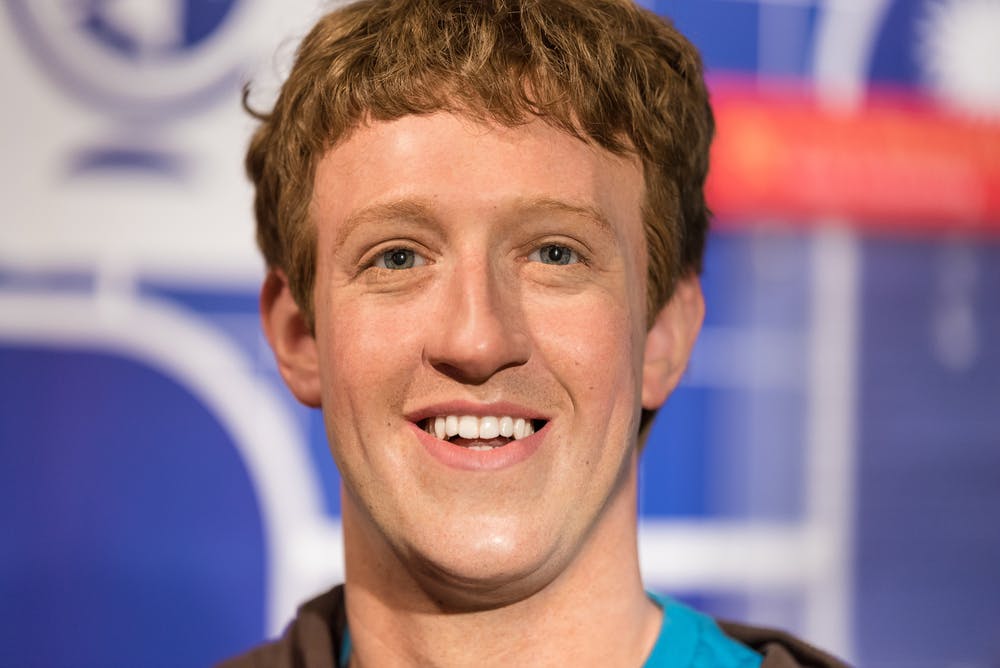
Best Appliances in Australia for 2025
Choosing appliances for your home is about so much more than ticking a box for function. It’s about selecting products that suit your lifestyle, offer long lasting reliability, and bring refined[...]

It’s inarguable that Mark Zuckerberg revolutionised the Internet. Facebook changed it’s purpose radically and infinitely, so much so that it’s hard to imagine the Internet without Zuckerberg. Facebook also inspired other huge apps we use in our daily life, Instagram, Twitter, Snapchat. It changed the way we sell our ideas, the way we write, journalism, well the list could go on and on.
On Thursday, Mark Zuckerberg was awarded an Axel Springer Award, the first of its kind, for being an outstanding entrepreneur.
A speech was made in his honour by longtime friend and mentor, Peter Thiel, and in that speech Thiel envisions and articulates a world without Zuckerberg.
Thiel hypothesises a cyberspace that is research centred and unsafe, in sum, a boring, scary, dark place. We’d still be learning about cyber-safety in University media courses, rather than the social discourse on the Internet and mediums like Instagram.
So to the people who are anti-Facebook, is this any better?

Choosing appliances for your home is about so much more than ticking a box for function. It’s about selecting products that suit your lifestyle, offer long lasting reliability, and bring refined[...]

An Australian navy vessel has inadvertently caused widespread disruption to internet and radio services across parts of New Zealand’s North and South Islands this week. The incident happened early[...]

When it comes to sourcing premium quality meats, not all butchers are created equal. We’ve reviewed some of the most popular and highly regarded butcheries Sydney-wide, assessing them on product[...]

When it comes to choosing fine jewellery, not all jewellers are created equal. From exquisite engagement rings to rare timepieces and one of a kind bespoke creations, Sydney’s luxury jewellery[...]